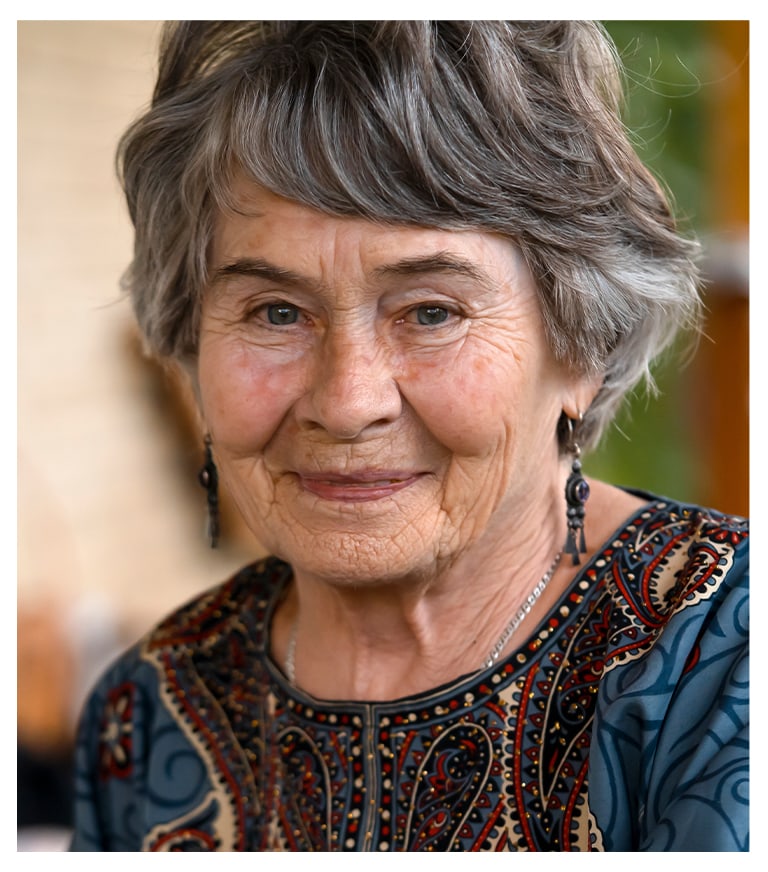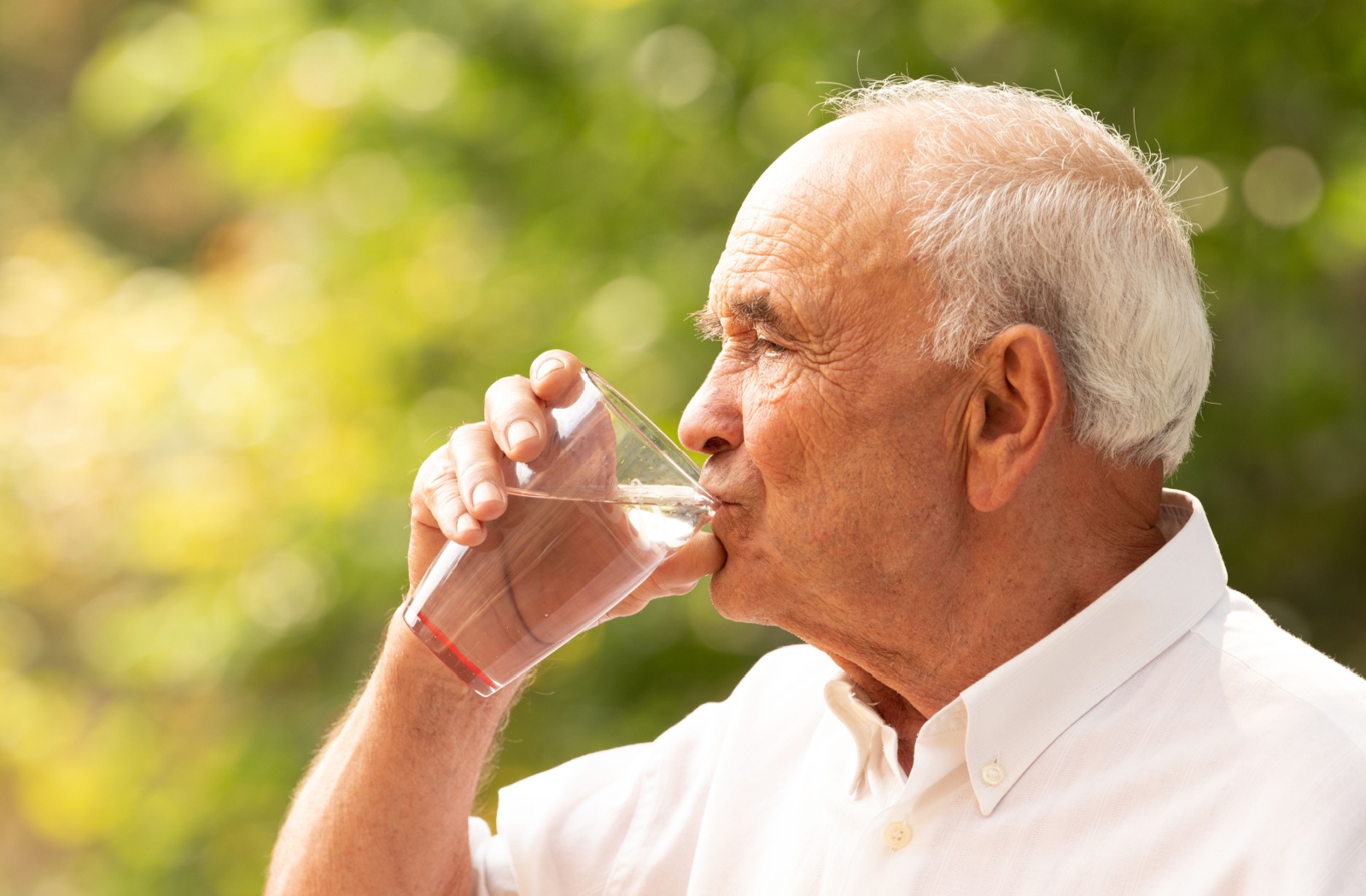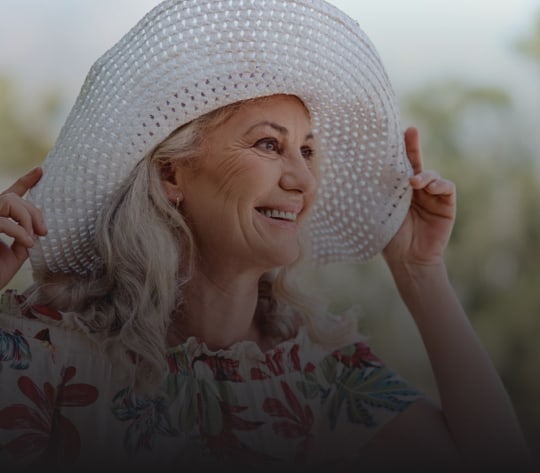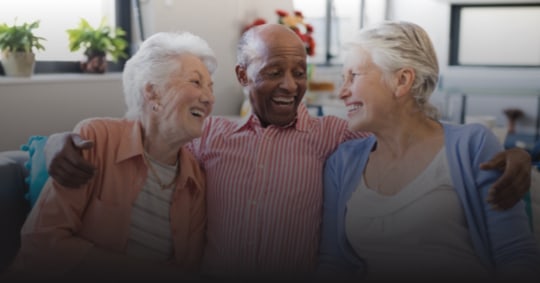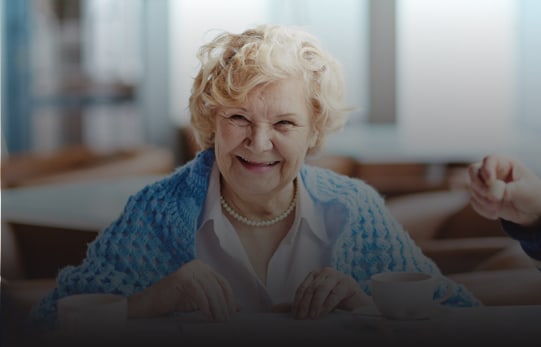Key Takeaways
- Staying hydrated becomes more challenging as you age due to natural body changes.
- Dehydration can lead to serious health problems like falls, confusion, and kidney issues.
- Simple, daily habits can help you maintain proper hydration levels.
- Senior living communities provide support and reminders to help residents stay hydrated.
Why Drinking Enough Water Matters as You Age
Drinking enough water might seem like a simple task, but it becomes more challenging as you age. Your body goes through natural changes that make staying hydrated harder than it used to be. Nutrition and hydration work together as foundational elements of senior health, and understanding the benefits of living in a senior community can help you maintain these important daily habits.
Proper hydration is one of the most important things you can do to maintain your health and independence as you get older. Understanding why hydration matters and how to make it easier can help you feel more energetic and avoid serious health problems.
Why Staying Hydrated Gets Harder as You Age
Your Body Changes Over Time
As you age, your body holds less water than it did when you were younger. Your kidneys also don’t work as well at keeping water in your body when you need it. These changes mean you can become dehydrated faster than before. Your body has less water to start with, so losing even small amounts can affect how you feel.
Medications Can Affect Your Hydration Needs
Many common medications can increase the likelihood of dehydration. Water pills, blood pressure medications, and some antidepressants can cause your body to lose water or affect how thirsty you feel. If you take several medications, they might work together to increase your risk of dehydration. Talk with your doctor about how your medications might affect your water needs.
You May Not Feel Thirsty as Often
Your sense of thirst weakens as you get older. You might not realize you need water until you’re already dehydrated. This means you can’t rely on feeling thirsty to remind you to drink water. You need to make drinking fluids a regular habit throughout the day.
Health Risks of Not Drinking Enough Water
Physical Health Problems
Dehydration can cause headaches, constipation, and kidney problems. Your blood pressure might drop suddenly when you stand up, making you feel dizzy. Your skin might become dry and less elastic. Dehydration also makes it harder for your body to control its temperature, which can be dangerous in hot weather.
Mental Health and Cognitive Effects
Not drinking enough water can make you feel confused or forgetful. You might have trouble concentrating or making decisions. Sometimes, family members worry about memory problems when dehydration is actually the cause. Drinking more water often helps clear up this confusion quickly.
Increased Fall Risk
Dehydration increases the likelihood of falls because it can cause dizziness and weakness. Your muscles don’t work as well when you haven’t had enough fluids. Falls can lead to serious injuries like broken bones. Staying hydrated is one simple way to help prevent dangerous falls.
How Much Water Should You Drink Daily

General Guidelines for Seniors
Most older adults should drink about 6 to 8 glasses of water each day. This includes water from drinks like milk, juice, and soup.
Your doctor might recommend drinking more or less, depending on your health conditions. Heart problems or kidney disease can change how much fluid you should have. Understanding these recommendations helps support your overall wellness programs.
Signs You’re Getting Enough Fluids
Your urine should be light yellow, not dark. You should urinate regularly throughout the day. You should feel alert and energetic most of the time. Your mouth and lips shouldn’t feel dry or sticky.
When to Drink More Water
Drink extra fluids when it’s hot outside or if you’re active. Illness, especially fever or vomiting, means you need more water than usual. Air conditioning and heating can dry you out, so you might need more fluids indoors, too. Pay attention to how you feel and increase your fluid intake when needed.
Simple Ways to Stay Hydrated Throughout the Day
Start Your Morning with Water
Keep a glass of water by your bed and drink it when you wake up. This helps replace fluids you lost while sleeping. Have another glass with breakfast to get your day started right. Starting strong makes it easier to keep drinking water all day.
Make Water More Appealing
Add fresh fruit, cucumber, or mint to your water for flavor. Drink other healthy fluids like milk, herbal tea, or 100% fruit juice. Keep water at the temperature you prefer. Some people drink more when the water is ice cold, while others prefer room-temperature water.
Set Reminders and Create Habits
Use a timer or phone app to remind you to drink water every hour. Keep a water bottle where you can see it as a visual reminder. Link drinking water to activities you already do regularly. Have a glass every time you take medication or before each meal.
How Senior Living Communities Support Proper Hydration
Meal Planning and Hydration Reminders
Communities like Somerby Mount Pleasant serve water-rich foods and beverages with every meal. Staff members encourage residents to drink fluids throughout the day.
Dining rooms always have water available, and many communities offer flavored waters or other appealing drink options. Independent living residents receive gentle reminders about staying hydrated during social activities.
Professional Care Team Monitoring
Assisted living and memory care residents receive closer monitoring of their fluid intake. Staff members track how much residents drink and watch for signs of dehydration. Trained team members know which residents need extra encouragement to drink fluids. They can spot dehydration symptoms early and take action quickly.
Social Activities That Encourage Fluid Intake
Many communities plan social activities around beverages like coffee hours or happy hours with mocktails. These events make drinking fluids social and enjoyable. Group activities often include healthy refreshments that help residents stay hydrated while having a good time with friends.
Take the Next Step Toward Better Health
Staying properly hydrated is one of the most important things you can do for your health as you age. The support and reminders available in senior living communities can make this daily task much easier to manage.
At Somerby Mount Pleasant, our caring team understands the importance of proper hydration for your well-being. We’d love to show you how our community supports healthy living in a beautiful, welcoming environment. Contact us today to schedule a tour and learn more about our approach to senior wellness.
